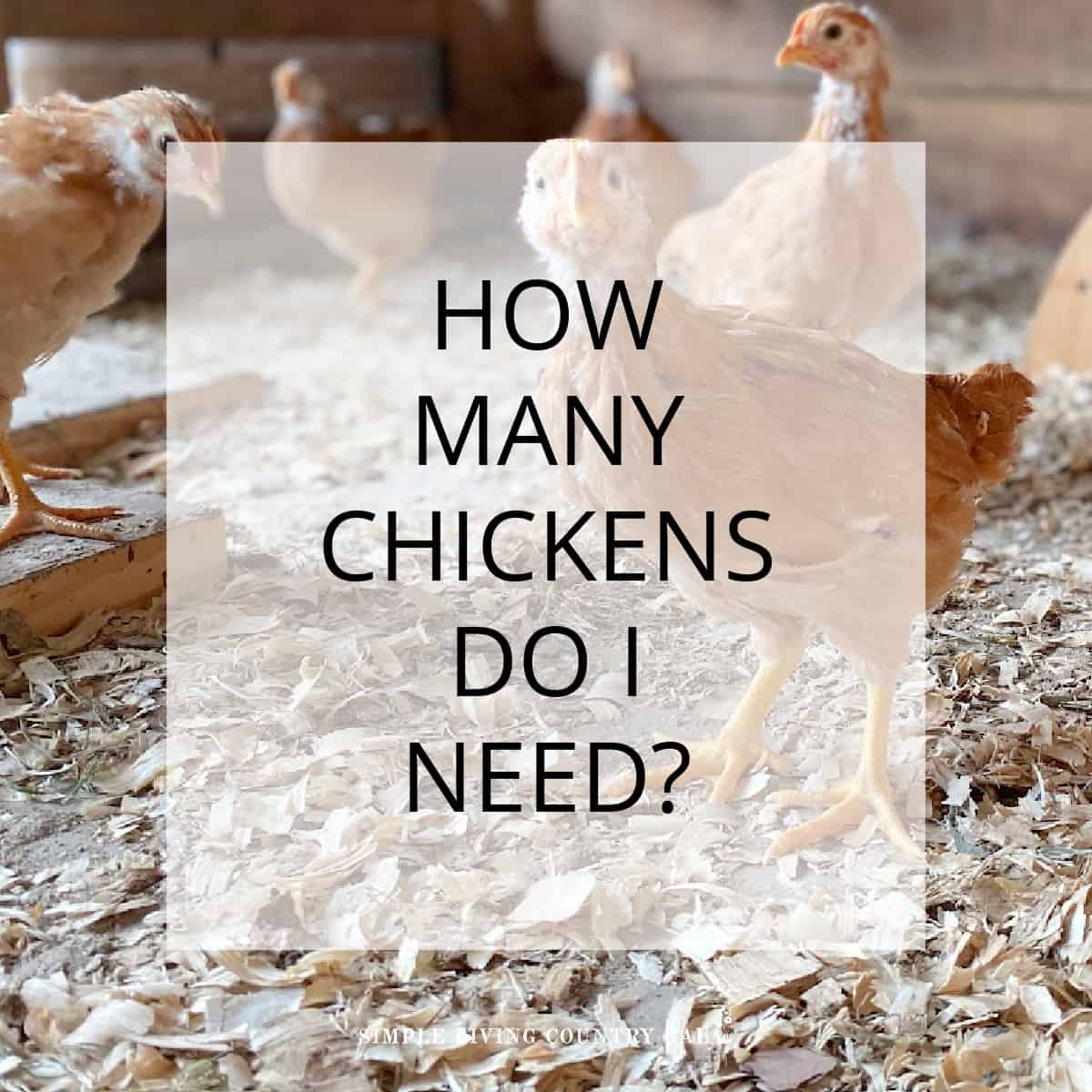Are you thinking of starting a chicken husbandry operation? If so, you may be wondering “How many chickens do I need?” This article will provide you with all the information you need to decide how many chickens you should have for your chicken husbandry business. You’ll learn about the different factors you should consider when determining the size of your flock, and how to calculate the number of chickens you need. We’ll even provide some tips on keeping your chickens healthy and happy. So, if you’re ready to learn how many chickens you need, read on!
Factors Affecting the Number of Chickens Required

Type of Chicken
The type of chicken needed for a successful chicken husbandry depends on the purpose of the chickens. For example, if egg-laying chickens are needed, then certain types of chickens will be more suitable than others.
Purpose of Chicken Husbandry
The purpose of the chicken husbandry will also play a role in determining the number of chickens that are needed. If the purpose is to produce eggs, then a smaller number of chickens may be suitable. However, if the purpose is to raise chickens for meat, then a larger number of chickens may be required.
Size of Coop
The size of the coop or chicken house will also be a factor in determining how many chickens are needed. A larger coop may be able to accommodate more chickens, while a smaller one will require fewer chickens.
Number of People
Finally, the number of people that will be consuming the eggs or meat produced by the chickens is another factor to consider. If there are fewer people in the household, then fewer chickens may be needed. However, if there are more people in the household, then more chickens may be needed to meet the demand.
In conclusion, the answer to the question “How many chickens do you need for eggs?” will depend on the type of chicken, the purpose of chicken husbandry, the size of the coop, and the number of people consuming the eggs or meat.
Calculating the Number of Chickens for Eggs

When considering how many chickens do I need to keep for egg production, you should take into account the type of chickens, their age, and the number of eggs you’d like to produce.
| Eggs per Week | Young Chickens | Adult Chickens |
|---|---|---|
| 2-3 | 3-4 | 2 |
| 4-5 | 5-6 | 3 |
| 6-7 | 7-8 | 4-5 |
| 8-10 | 9-10 | 5-6 |
Young chickens are known as pullets and are usually productive within 12 weeks of incubation. Adult chickens start producing eggs at about 18-20 weeks of age.
The table above is a general guide for how many chickens do I need to keep for egg production based on the number of eggs you’d like to produce. For example, if you’d like to produce 8-10 eggs per week, you should keep 9-10 young chickens or 5-6 adult chickens.
Calculating the Number of Chickens for Meat
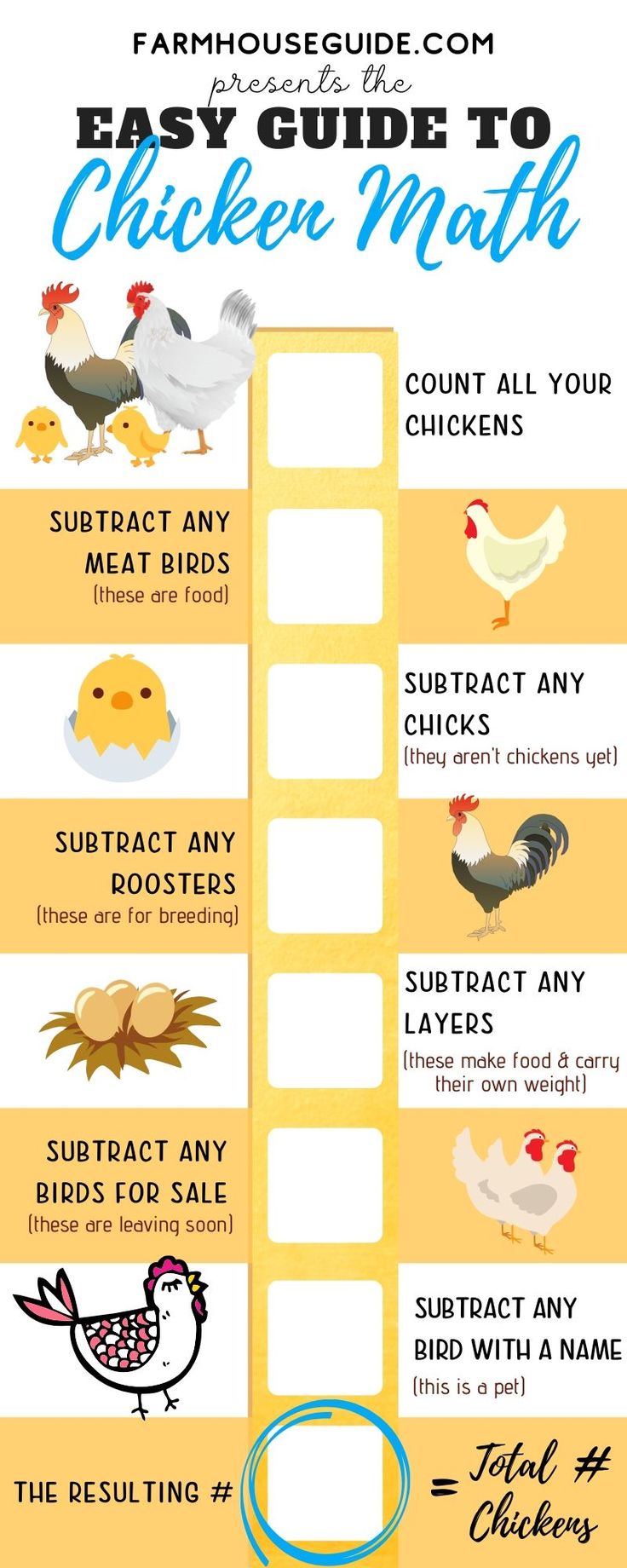
When deciding how many chickens per person you need for meat, it depends on the size of your family. If you are looking for a general guide, you should plan for about 3-4 chickens per adult in the family.
| Family Size | Number of Chickens |
|---|---|
| 1 adult | 3-4 chickens |
| 2 adults | 6-8 chickens |
| 3 adults | 9-12 chickens |
| 4 adults | 12-16 chickens |
If you want to keep chickens for eggs, you will need fewer chickens per person than if you are raising chickens for meat. The number of eggs each chicken lays depends on the breed and the quality of care. Generally, a single chicken will lay about 4-6 eggs per week.
Pros and Cons of Keeping Chickens
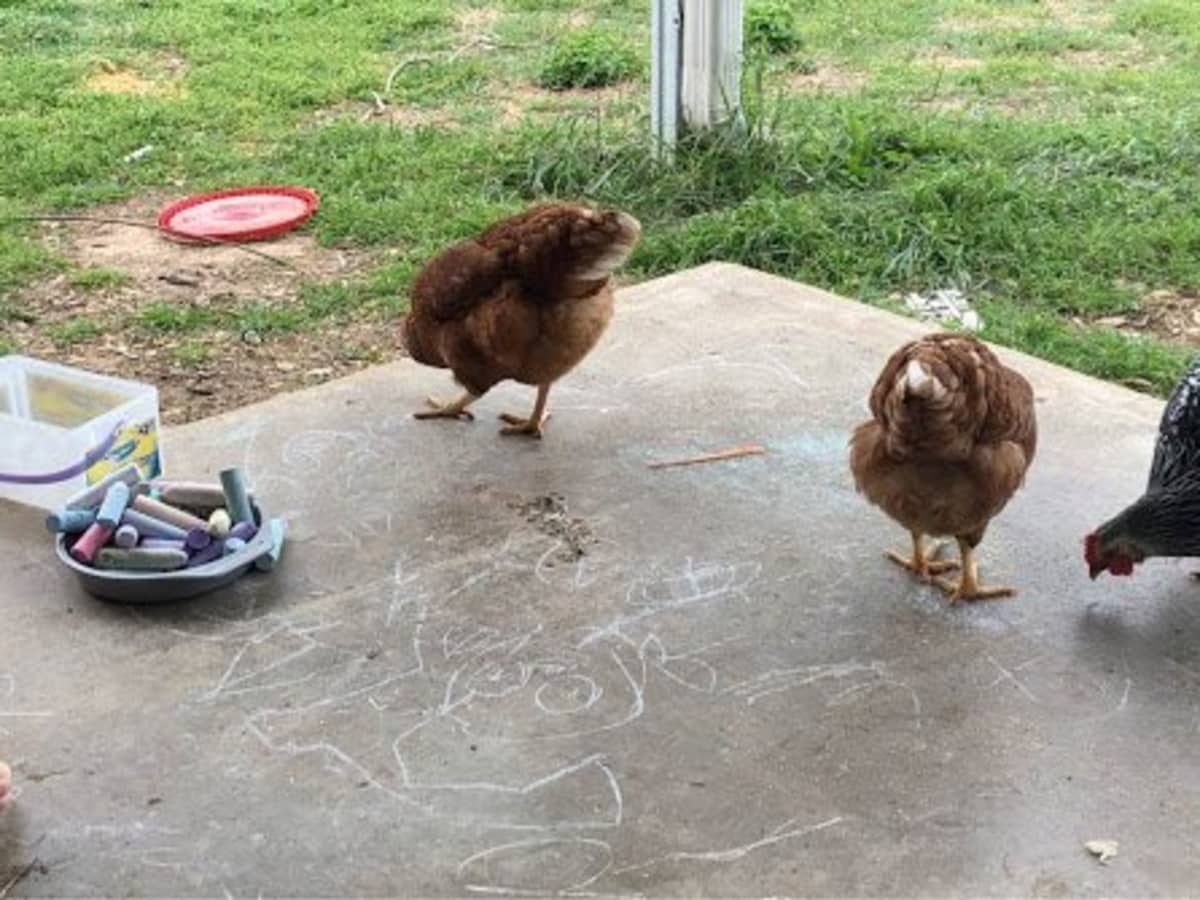
Pros:
- Chickens are low maintenance and easy to care for.
- They are entertaining and can provide you with a source of fresh eggs.
- Chickens are a great way to teach children responsibility and the importance of caring for animals.
- Chickens provide natural fertilizer for your garden.
- Raising chickens can be a great way to save money.
Cons:
- Chickens can be noisy and attract unwanted pests.
- They require space and can be messy.
- Chickens can carry diseases, so you’ll need to be vigilant about cleaning and maintaining their living space.
- You’ll need to invest in the necessary supplies, such as feeders and a coop.
- It takes a lot of time and effort to keep chickens healthy and happy.
Requirements for Chicken Husbandry
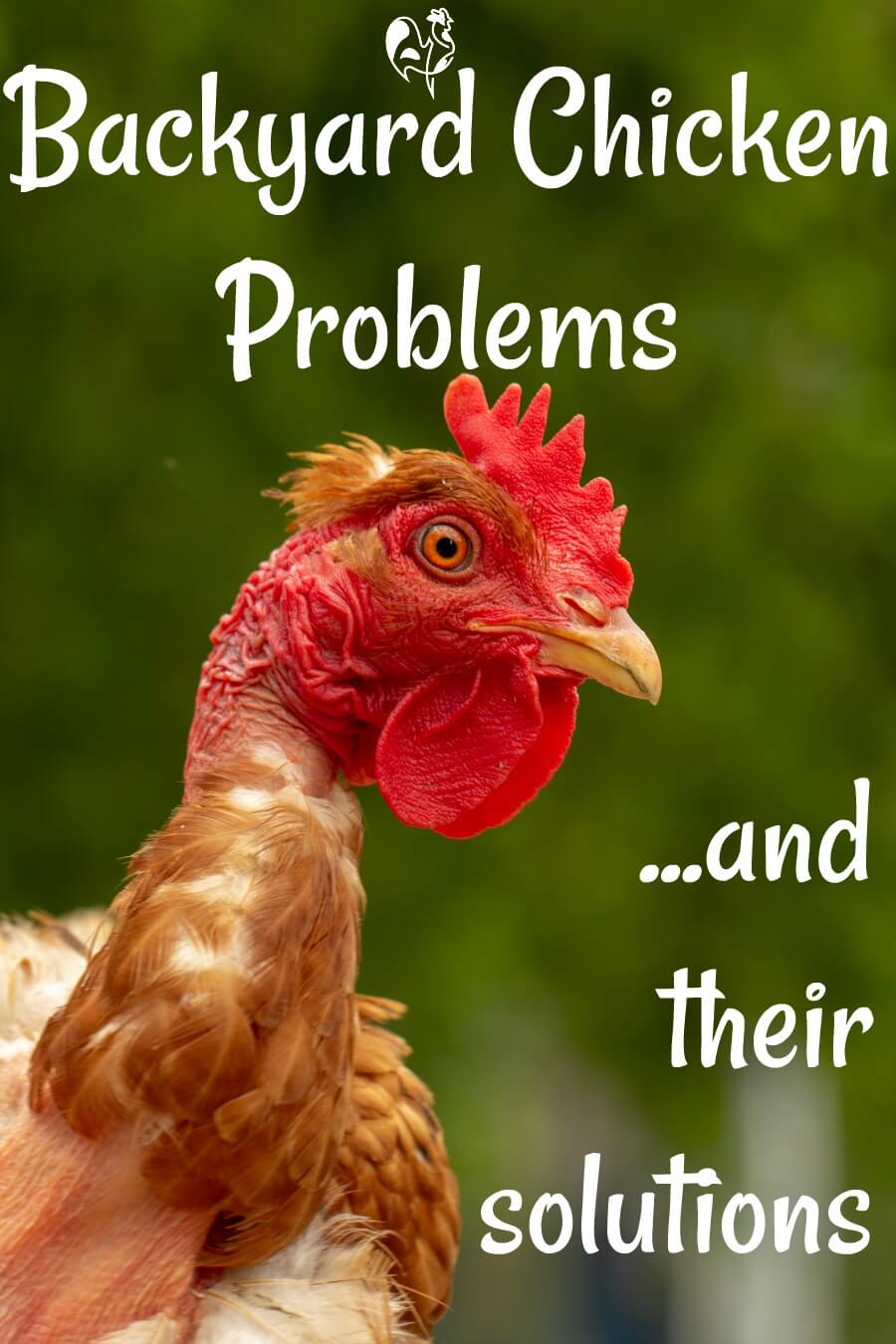
- Space: Adequate space is essential for keeping chickens. The minimum space per chicken is 4 sq. feet. If you’re raising more than 10 chickens, you should have at least 10 sq. feet of space per bird.
- Shelter: Chickens need protection from predators and from the elements. A chicken coop, or similar shelter, should be provided to keep them safe and warm.
- Food and Water: Chickens need access to clean food and water at all times. The food should be a balanced diet of protein, carbohydrates, and vitamins. Water should be changed regularly.
- Predator Control: Chickens are prey animals and need to be protected from predators such as cats, dogs, foxes, and hawks. Fencing or a chicken coop can provide protection.
- Ventilation: Adequate ventilation is necessary to maintain a healthy environment for chickens. This can be provided through windows, vents, or fans.
- Hygiene: Regular cleaning of the chicken coop and surrounding area is essential to maintain a healthy environment. This includes removing droppings, straw, and other debris.
Cost of Keeping Chickens
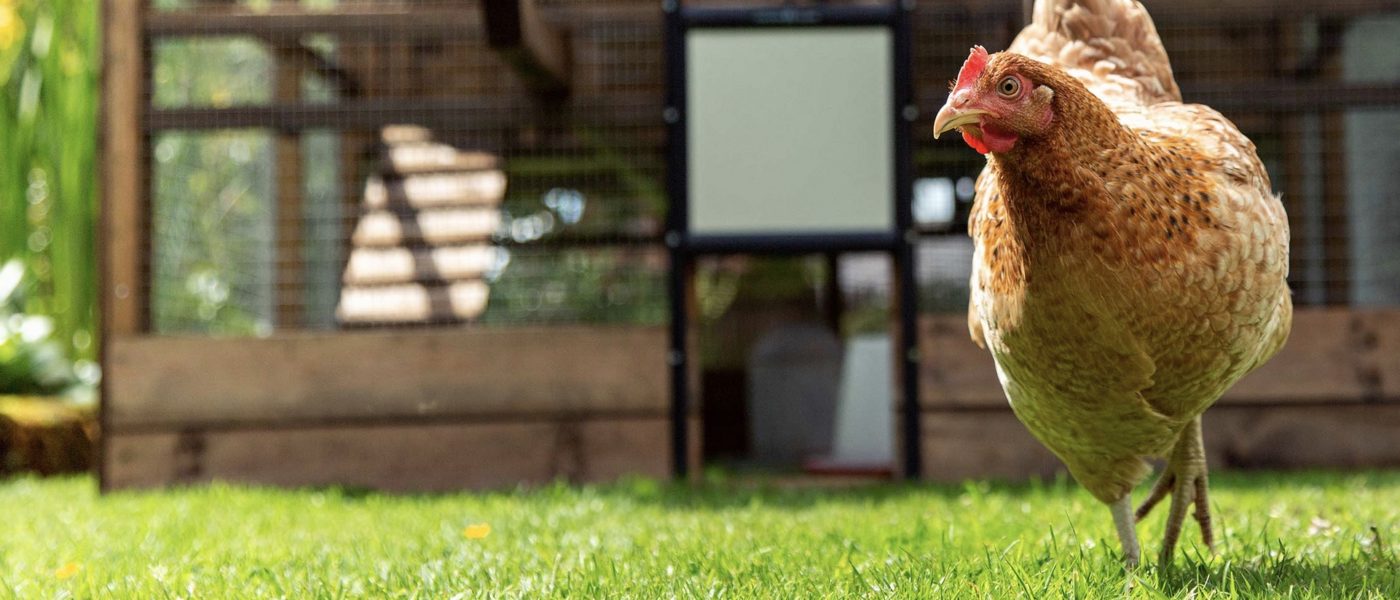
| Cost Item | Price |
|---|---|
| Chicken Coop | $100-$500 |
| Chickens | $2-$10 per bird |
| Feed | $10-$15 per month per bird |
| Vet Expenses | $50-$100 per year per bird |
| Vaccinations | $20-$50 per year per bird |
| Total | $132-$735 per year per bird |
Chicken husbandry is a rewarding activity but it comes with certain costs. The cost of keeping chickens will depend on the type of chickens you get, the size of your coop, and the other elements of your husbandry setup. The most basic costs to consider are:
- Chicken Coop: A chicken coop can range from $100-$500 depending on the size and features you choose.
- Chickens: The cost of chickens can range from $2-$10 per bird depending on the breed.
- Feed: Feed costs can range from $10-$15 per month per bird.
- Vet Expenses: Vet expenses can range from $50-$100 per year per bird.
- Vaccinations: Vaccinations typically cost between $20-$50 per year per bird.
The total cost of keeping chickens can range from $132-$735 per year per bird.
Health and Safety Considerations
When it comes to raising chickens, health and safety must be taken into consideration. The poultry housing should be kept clean and dry to prevent the spread of disease and illness. It is important to ensure that the birds are vaccinated against common diseases, and that their diet is balanced and provides all the necessary nutrients.
Good hygiene practices should also be maintained, such as regularly cleaning and disinfecting the coop and surrounding areas. In addition, it is important to ensure that there are no predators or other animals that could harm your chickens. Any wild animals that may be present should be kept away from the chickens.
Finally, it is important to be aware of the laws and regulations in your area concerning raising chickens. These laws and regulations will vary depending on where you live, so it is important to do your research. This will help ensure that your chickens are safe and healthy.
Frequently Asked Questions
What Are the Best Breeds of Chickens for Chicken Husbandry?
Rhode Island Red: This dual-purpose, red-feathered breed is a favorite of farmers and homesteaders. It is an excellent egg layer, laying between 250 and 300 eggs per year. It is also a good meat bird, perfect for small and large farms alike.
Barred Plymouth Rock: This is another great dual-purpose breed, making it a great choice for homesteaders and farmers. This breed is known for its friendly temperament, making it an ideal breed for those looking for a pet chicken. It is also a great egg layer, producing around 200 eggs each year.
Sussex: This is a great breed for meat production. They are known for their large size and fast growth rate, making them an ideal choice for those looking to raise chickens for meat. They are also good layers, producing around 200 eggs each year.
Orpington: This is a great dual-purpose breed that is known for its calm and docile nature. It is an excellent egg layer, producing around 200 eggs each year. They also have a good meat-to-bone ratio, making them great for small and large farms alike.
Araucana: This is a great breed for those looking for an egg-laying machine. They are known for their high egg production, laying around 300 eggs each year. They are also quite hardy and can withstand cold temperatures, making them a great choice for those living in colder climates.
What do I Need to Consider When Buying Chickens for Breeding?
- Health: Look for chickens that are in good health and have a good immune system.
- Age: Ensure the chickens you buy are mature enough for breeding.
- Type: Choose a breed that is suitable for the climate and environment you are living in.
- Purpose: Decide the purpose of breeding, whether for eggs, meat, or show.
- Housing: Make sure the chickens have adequate housing, space, and food.
- Sex: Choose the right ratio of males and females for successful breeding.
What is the Ideal Size for a Chicken Coop for Chicken Husbandry?
Size Matters: It is important to be mindful of the size of your chicken coop when engaging in chicken husbandry. A coop that is too small will not provide enough space for your chickens, and a coop that is too big will require more maintenance. Here are some guidelines to consider when determining the ideal size for a chicken coop:
- Number of Chickens: The size of your chicken coop should be based on the number of chickens you plan to raise. Generally, each chicken should have at least 4 square feet of space in the coop and 10 square feet of outdoor space.
- Number of Nest Boxes: The number of nest boxes you need for your chickens depends on the number of hens you have. Generally, one nest box is recommended per four hens.
- Perches: To accommodate all of your chickens, you should provide perches in the coop. The perches should be placed no more than 12 inches apart and should be at least 12 inches off the ground.
- Ventilation: Your coop should also have adequate ventilation to ensure that the air is not too humid or too dry. A well-ventilated coop will also help to reduce the spread of disease.
- Lighting: It is important to provide your chickens with adequate lighting. If you are not able to provide natural sunlight, you should consider installing artificial lighting.
By taking into account these factors, you can determine the ideal size for your chicken coop for chicken husbandry.
How Much Space is Required for Each Chicken?
- Minimum Space Requirement: Each chicken should have at least 4 square feet of space in a coop and 10 square feet of space in an enclosed run.
- Additional Space Considerations: To prevent overcrowding, add an additional 1 square foot of space per bird if more than 10 chickens are in the same area.
- Perching Space: Each chicken should have 12 inches of perching space.
- Dust Bathing Areas: Include a small area of dry soil in the run to provide the chickens with a place to dust bathe.
What Kind of Feed Should I Provide to My Chickens for Optimal Health?
Chickens should be provided with a balanced diet of high-quality feed that includes calcium, phosphorus, vitamins, and minerals. A good quality commercial feed that is formulated for chickens is ideal; it should be supplemented with fresh vegetables and fruits, as well as occasional treats such as mealworms and sunflower seeds. It’s important to provide clean, fresh drinking water for your chickens at all times.
Conclusion
Chicken husbandry can be an enjoyable and rewarding experience, but it does require careful planning. Knowing how many chickens to get and what type of housing, feed, and other supplies you will need will help you get started on the right foot. With a little research and preparation, you can be sure that your chickens have everything they need to thrive.
